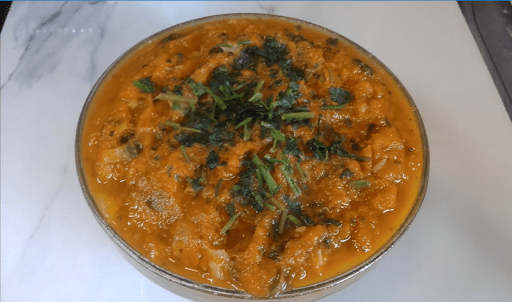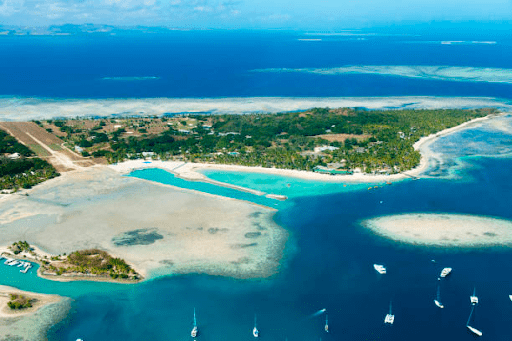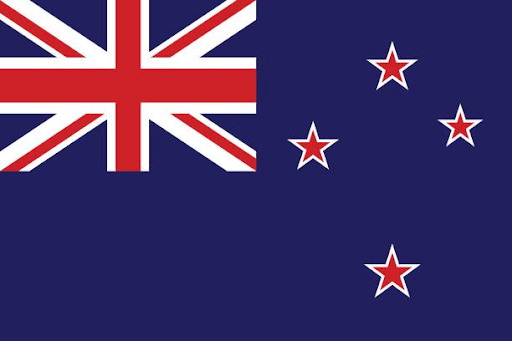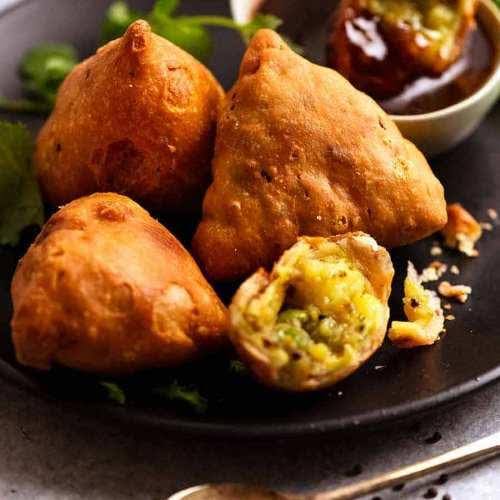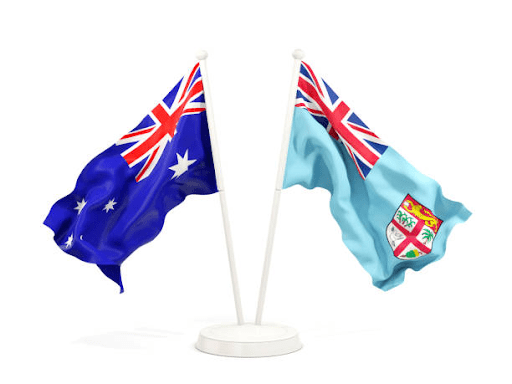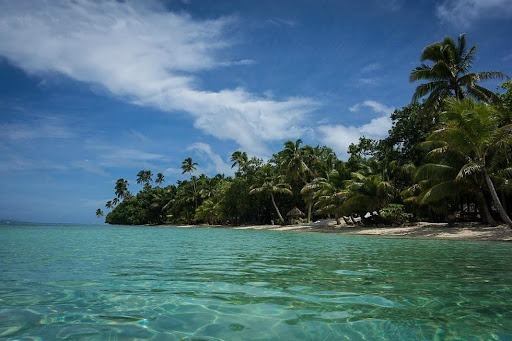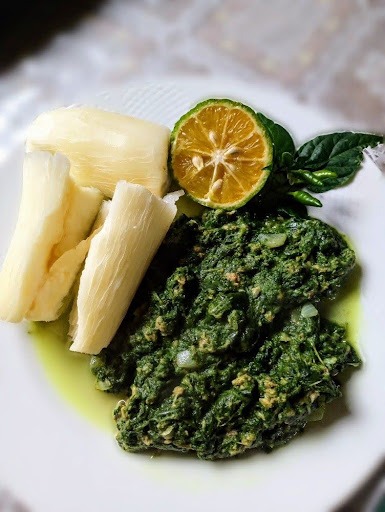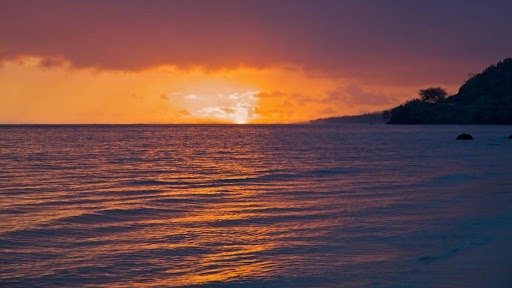The history of cannibalism in Fiji
Prior to its recent and more common name, Fiji was previously known to early Europeans as the Cannibal Isles. This side of Fiji’s dark history is one for the culinary books and involves ancient religious customs and consumption rituals. Having existed for a long time, cannibalism was the sole deterrent for Europeans in discovering and settling the islands, only making it possible through Tonga’s continuous contact with Fiji through trade and war. The islands have a long, rich history with cannibalism, dating back to about 2500 years ago. Sensitive topics, aside from cannibalism, are discussed within this article, such as human sacrifice and torture; reader discretion is advised.
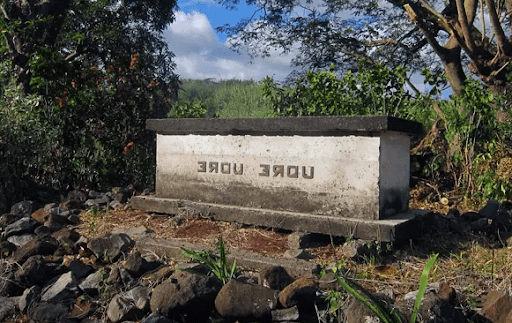
Tomb of Ratu Udre Udre (can be found in Rakiraki, Ra), Fiji’s last prolific cannibal.
Consumption and Cannibalism in Fiji
Indigenous Fijian history may be scarce and often exaggerated due to the practice of oral history but one thing is certain, the existence of cannibalism and the rituals and customs that surround it.
Origins of cannibalism are vague for many Fijians. Still, for the few accounts of Wesleyan missionaries that lived among Fijians and the sailors that passed through Fiji in the 1800’s, the act was a gruesome ordeal that needed to be abolished. Basil Thomson, in his book about Cannibalism in Fiji, details the origins of cannibalism to have evolved from religious worship and consumption. Basically, sacrificed food was seen as a blessing and gifts of the divine. Eating it would mean inheriting the power and gifts given by the gods through food. Likewise, because on most occasions, Fijians sacrificed humans, the idea of consuming human flesh was immediately welcomed.
Christina Toren, in her book, states that eating has a great significance for Fijians, and this is true as Fijians use eating as a socialising tool. For instance, eating together as an extended family or a clan is still a custom for many Fijian families during Christmas, Easter or other holidays. Eating together is a sign of unity, and in the context of warfare, Toren explains that cannibal consumption signifies the annihilation of the body one has consumed and the kinship they once shared.
Cannibal Rituals in Fiji
Bodies used for cannibal intent, whether dead or alive, were referred to as, ‘Bokola’ (Boh-koh-lah). In those days, Bokola’s were gained from warfare as prisoners of war and, at times, gifted to chiefs. They were also given as religious sacrifices, and the victims picked from the lower class (kaisi’s) or willing victims.
Cannibal rituals carried out in the aftermath of war were quite sadistic, if the victims were still alive, then the Lali (drum) would be beaten continuously. Men would perform death dances known as the, Cibi (thee-mbee) as the Bokola’s are being dragged to their death- this dance is similar (but not the same) to the ones performed by the Fiji Rugby team before their games. The women would perform sensual and sometimes obscene dances to celebrate the returning warriors along with the Bokola’s they had captured, this was known as a, Wate (wah-te) or Dele (nde-leh). This dance would result in the sexual abuse of these victims, who would consist of both men and women.
Torturing was also part of this ghastly process, and on some occasions, victims would be dismembered alive. All these victims were taken to the ‘Bure Kalou’ (temple) for the priest’s overseeing as he is god-sent. The dismembering and sharing of these parts for food are first given to the chief and the priest (bete), as they are at the top of the hierarchy. The rest is shared according to hierarchy or the chief’s wishes.
Religious cannibal rituals may involve the same rituals taken up in warfare celebrations, including having the priest oversee the act and elaborate feasts that are conducted to share cannibal meals.
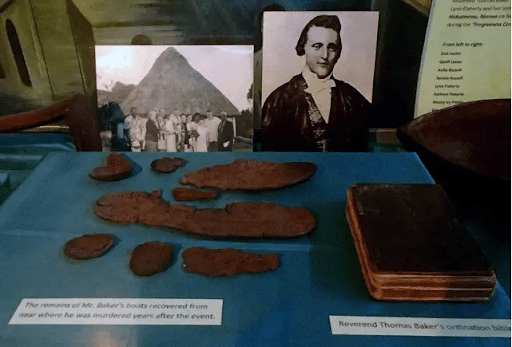
Thomas Baker displays at the museum – only missionary to be killed and eaten. Photo Credit: Fiji Museum.
Cannibal beliefs in Fiji
The beliefs around this practice, although quite sadistic, are, however easy to understand. Indigenous Fijians believe in the physical embodiment of things, so consuming bodies meant the inheritance of their victim’s power and knowledge through consuming their body. Consuming it for revenge, meant annihilating that person entirely by eating their flesh.
Fijians today share their history for exactly what it is, as history, often embracing it as a window into their past. Noting that it was done as an act of power and overpowering, and not of hunger or lack of food. For closer inspection of cannibal utensils and clubs used, you can visit the Fiji Museum, who have some great artefacts and exhibitions lined up.

